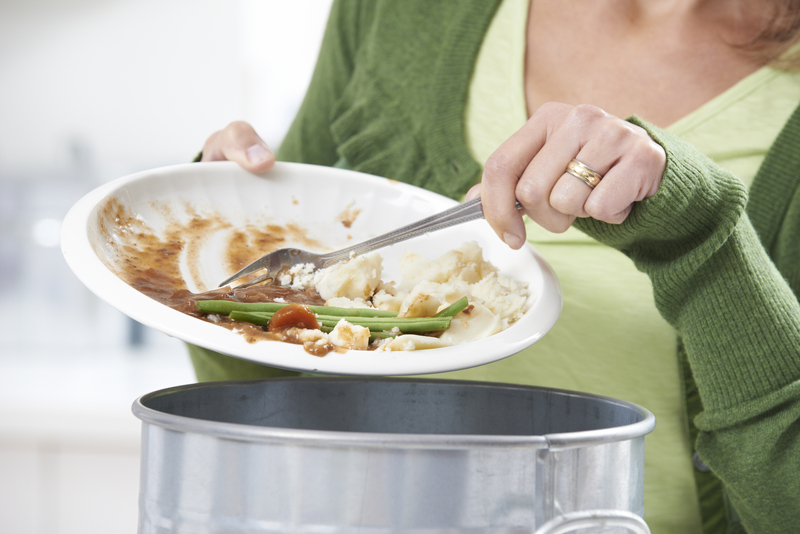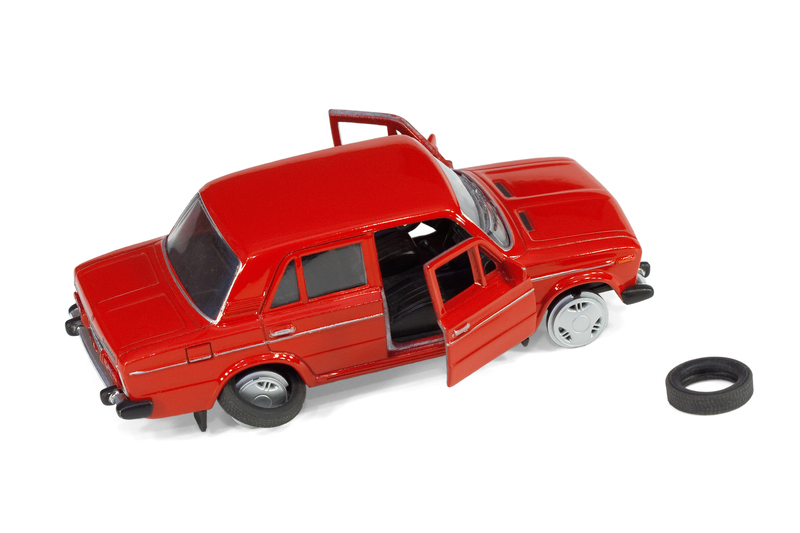Reduce Expenses When Disposing of Bulky Waste Items: A Complete Guide
Disposing of bulky waste items such as old furniture, large appliances, and construction debris often proves to be both challenging and expensive for many homeowners and businesses. However, with the right strategies, you can reduce expenses when disposing of bulking waste items, making the process smoother and more economical. In this article, we'll explore numerous practical tips, handy resources, and creative solutions to help you save money while responsibly managing your large unwanted items.

Understanding Bulky Waste Disposal
Bulky waste refers to items that are too large to be accepted by regular curbside waste collection services. Examples include:
- Mattresses and bed frames
- Couches, chairs, and sofas
- Large appliances like refrigerators and washing machines
- Gym equipment
- Carpets and rugs
- Lumber and construction debris
Due to their size and material composition, bulky waste disposal often incurs higher fees. Understanding your options is the first step to minimizing bulky waste disposal costs.
The True Cost of Disposing Bulky Items
Many individuals underestimate the *actual expenses* involved with getting rid of large unwanted items. Costs typically include:
- Local council or municipal pick-up fees
- Private junk removal service charges
- Landfill tipping fees
- Transportation and labor
- Time and effort spent researching disposal options
By being strategic and proactive, you can significantly reduce expenses when disposing of bulky waste and possibly even avoid fees altogether. Let's review some top money-saving methods.
Effective Ways to Reduce Expenses in Bulky Waste Disposal
1. Utilize Municipal Bulky Item Pickup Services
Most towns and cities offer bulky item collection services. While these may require a small fee, they are substantially cheaper than private removal options. To make the most of this service:
- Check your local council or city website for scheduled pickup dates and accepted items.
- Combine multiple items into a single pickup to maximize value for the fee paid.
- Be aware of the number of free pickups you're allocated each year--many municipalities offer at least one annual free service.
2. Donate Usable Items to Charities
If your bulky items are still in good condition, donating them is a cost-saving and eco-friendly solution. Many charities will pick up large furniture or appliances at no cost. Popular options include:
- Habitat for Humanity ReStores
- Goodwill
- Salvation Army
- Local shelters and non-profit thrift stores
Schedule your pickup in advance and ensure items meet the organization's donation guidelines. This not only helps reduce your disposal costs but also gives a second life to unwanted goods.
3. Sell Bulky Items Online
If your bulky item still has value, consider selling it through:
- Facebook Marketplace
- Craigslist
- eBay (with local pickup)
- Neighborhood apps like Nextdoor
List the item with clear photos, honest descriptions, and specify "buyer must pick up." Selling your bulky item not only helps offset disposal costs but could even earn you extra cash.
4. Reuse or Repurpose Bulky Goods
Before discarding, explore ways an item might be reused elsewhere in your home or property:
- Turn old dressers into garage or basement storage.
- Repurpose bed frames into garden trellises.
- Use appliances for spare parts or scrap metal.
When you creatively reuse or upcycle materials, you avoid disposal fees and contribute to environmental sustainability.
5. Break Down Bulky Items
Sometimes you can reduce bulky item disposal expenses simply by breaking down pieces. For example:
- Disassemble furniture to fit in regular trash bins or be eligible for lower-cost collections.
- Cut up carpets or remove metal parts from appliances for separate recycling.
Always check local waste regulations on disassembled materials to ensure compliance.
6. Group Together with Neighbors
Pooling resources with neighbors is a smart way to save money when getting rid of bulky trash. You can:
- Share the cost of a private dumpster or junk hauling service.
- Arrange a community cleanup day and negotiate bulk rates for removal.
This collaborative approach often results in significant cost reductions for everyone involved.
7. Explore Bulk Waste Drop-Off Locations
Many regions have transfer stations or landfill sites that accept large items for a minimal fee--often less expensive than hiring a private hauler. To lower your bulky waste disposal costs at these facilities:
- Sort items by type (e.g., electronics, metal, furniture) for possible recycling discounts.
- Check if your municipality offers resident vouchers or special event days with free drop-off.
8. Rent a Truck and DIY the Disposal
If you have several items and access to help, renting a truck for a few hours can be far cheaper than full-service junk removal. Compare the price of renting a vehicle with the cost of hiring professionals. This hands-on approach can substantially cut your large item disposal expenses.
9. Recycling Programs for Appliances and Electronics
Many appliance retailers and electronics stores operate recycling programs and occasionally offer free haul-away when purchasing a replacement. Take advantage of these programs when upgrading. Check local government resources for scheduled recycling events of e-waste and white goods.
10. Avoid Last-Minute Removals
Planning ahead gives you the best chance of securing free or low-cost removal services. Emergency or same-day removals tend to be expensive and offer fewer options. Schedule your bulky waste disposal well in advance to find the most affordable solution.
How to Compare Bulky Waste Disposal Services
If your only option is hiring a professional service, compare multiple quotes and look for:
- Transparent pricing (no hidden fees)
- Licensed and insured operators to protect yourself legally
- User reviews and satisfaction ratings
- Environmentally responsible disposal practices
- Discounts offered for bulk or repeat customers
Even when hiring help, these steps can help reduce your cost of disposing bulky waste.
Bulky Waste Disposal: What to Avoid
Certain practices can increase your out-of-pocket expenses or run afoul of regulations:
- Illegal dumping - can result in hefty fines and environmental damage.
- Dumping hazardous materials (paint, chemicals, batteries, etc.) with regular bulk waste. These often require specialized handling.
- Ignoring municipal policies and dumping on unauthorized collection days.
When in doubt, check local waste authority guidelines to ensure lawful and safe disposal.
Eco-Friendly Bulky Waste Solutions
Cutting costs doesn't have to mean harming the planet. Here's how to dispose of bulky items in an environmentally friendly way:
- Prioritize donation and reuse to keep items out of landfills.
- Recycle metal, wood, and plastic wherever possible.
- Use licensed recycling centers over general dumps for appliances and electronics.
- Participate in local "free cycle" networks that connect unwanted items with new owners.
Special Considerations for Businesses
For businesses and commercial properties, reducing bulky item disposal costs often involves:
- Negotiating service contracts with waste management companies for bulk rates.
- Investing in on-site compactors or balers to reduce waste volume (and related fees).
- Holding periodic liquidation or giveaway events for surplus equipment and furniture.
The same principles of donation, sale, and recycling hold, but with greater opportunity for savings at scale.
Checklist: Steps to Reduce Bulky Waste Expenses
- Assess the Condition: Can the item be donated, sold, or reused?
- Research Local Free Collection Days or municipal services and schedule in advance.
- Group Items for Disposal to maximize permitted weight or item limits.
- Break Down or Disassemble items where allowed to reduce waste volume.
- Compare Multiple Disposal Quotes if hiring junk removal companies.
- Check for Speciality Recycling Programs for electronics or appliances.
- Collaborate with Neighbors for shared disposal costs.

FAQs on Reducing Bulky Waste Disposal Costs
What is the cheapest way to dispose of bulky items?
Municipal bulky item pick-up days or drop-off events are usually the most affordable options. Donating, selling, or repurposing can eliminate disposal costs entirely.
Can I put bulky waste out with regular trash?
Generally, no. Most curbside trash collection does not accept large or heavy items. Check your local service guidelines for exact rules.
Is it legal to leave bulky items on the curb?
Only on scheduled pick-up days or by arrangement with municipal services. Unauthorized dumping can result in fines.
Conclusion: Save Money, Reduce Waste, and Help the Environment
Disposing of large, bulky items doesn't have to be costly. By planning ahead, leveraging local resources, and being creative, you can reduce expenses when getting rid of bulky waste while also benefiting others and minimizing your environmental impact. Remember to:
- Explore free or low-cost council services.
- Donate, sell, or recycle whenever possible.
- Work with your community for shared cost solutions.
With these tips, you will be able to cut costs when disposing of bulky waste items and do your part for a cleaner, greener future.
